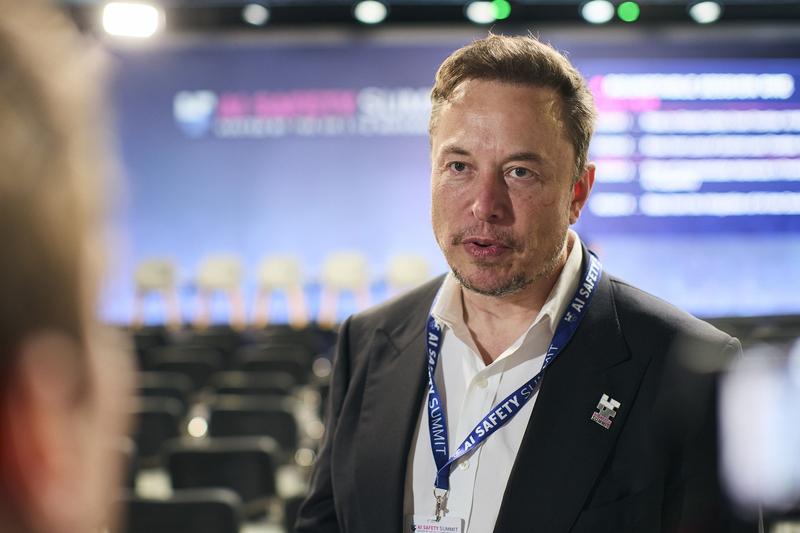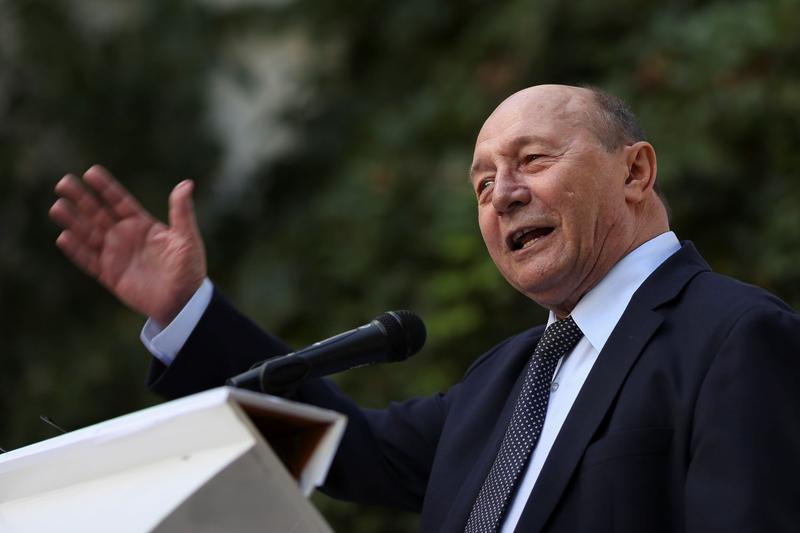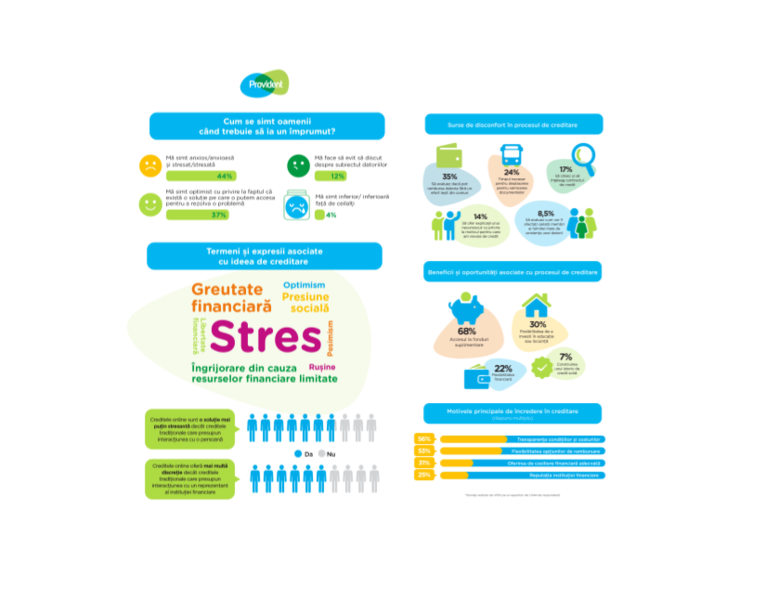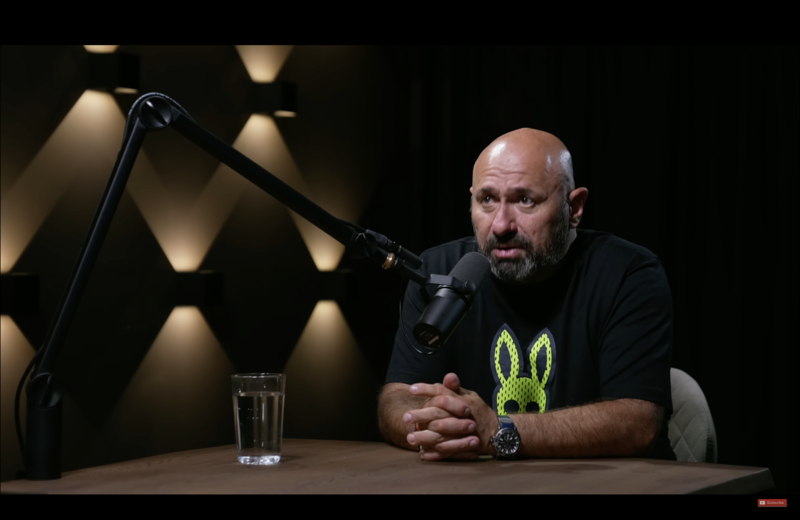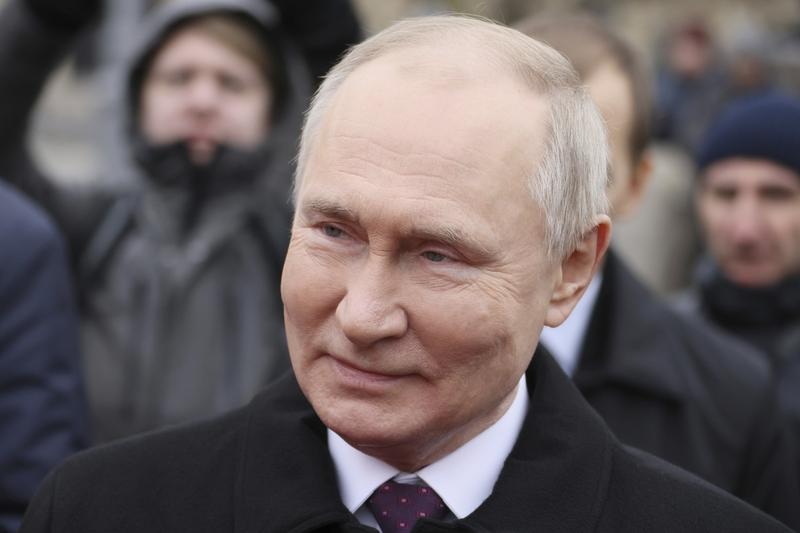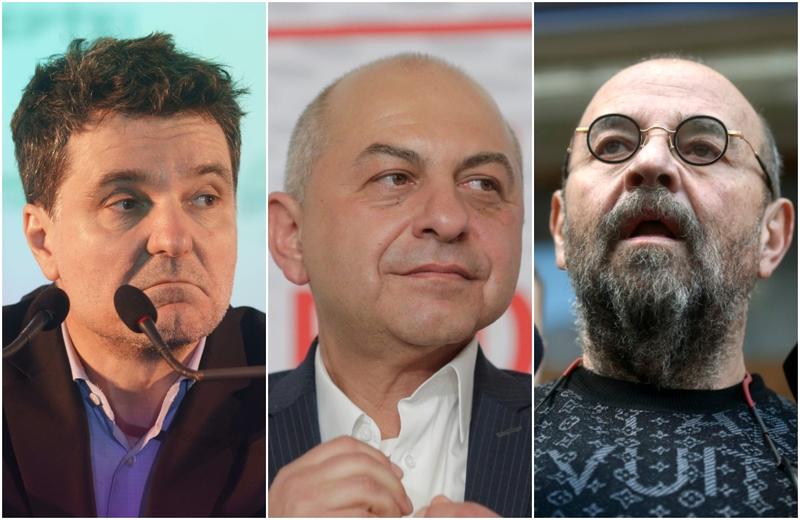Romanian PM Mihai Tudose launched attacks on multinational companies during a government session on Wednesday, when his team adopted a highly disputed ordinance that turns the tax rules in Romania upside down. His Communist-style quarrel with major companies, reminiscent of Chavez, is totally hypocritical. The same Tudose had no issue in keeping royalties for multinationals in the energy sector and he had also accepted multinationals' requests this summer to drop plans to introduce a split VAT and taxes on turnover. In fact, his attacks on Wednesday means a recognition of defeat against party leader Liviu Dragnea and an attempt to mask it by outbidding chaotic changes to the Fiscal Code.

The Government session on Wednesday was marked by street protests and public criticism of its introduction of an emergency ordinance that brings a series of changes to how companies and employees pay their taxes. The changes had been criticized by both trade and employers' unions, but the government opted to push ahead. The Wednesday protests followed other, louder ones that took place across the country on Sunday, against government coalition plans to change Justice laws in a manner that would subdue the Judiciary to political authorities.
During the Wednesday governement session, PM Tudose depicted the fact of that his changes "flamed" some companies as a good one and congratulated a minister for making banks nervous. He also alleged - without naming it properly - that car maker Automobile Dacia, owned by Renault, was sending profits out of the country.
A question persists: why? Why did Tudose accept to adopt a measure which has been fiercely criticized by the whole society, from trade unions to employer's unions, from the mayors of the governing Social Democrats (PSD) to former authors of the PSD governance plans? The imposibility to find an acceptable answer made me even consider the principle that where complex, elevated explanations fail, the most obivious one - incompetence - should be taken into account. But I believe the reasoning stands in inner PSD party fighting: PSD leader Dragnea, who had already been confronted by Tudose once, forced the prime minister to adopt a extraordinarily politically risky measure to make him vulnerable and bring him under his control.
One may say Dragnea couldn't determine Tudose make something against his will. That is partially true. Dragnea still holds party leverage to squeeze Tudose's hand, retains control of key people in the government and has used them all. Numbers also helped Dragnea: without a measure such as partially postponing a law on salaries, Tudose couldn't conclude his draft buget for 2018 without a deficit below the 3% threshold.
Todose has been winking for a week. He needed help to get rid of Dragnea's pressure. Dragnea saw in the weird changes to the Fiscal Code an opportunity to both take revenge for his losing a key minister in Tudose's team earlier this fall, at the height of a political conflict within the party, and to bring the prime minister back in the leash.
Eventually, following postponing decisions ridiculously in an attempt to find solutions, Tudose gave in to Dragnea's pressure and adopted the chaotic measures to the Fiscal Code.
Why chaotic? Beyond uncertainties and net losses for some categories (the state budget, city halls, employees in the IT sectors, physically challenged employees, employees of insolvent companies), the changes bring minimal gains to the rest of employees. Additionally, they open the gate to taxe evasion. Once they'll be in place, two scanarios appear: either salaries do not decrease at all and measures compensate each other fully (the happy scenario for the government), or some salaries will drop and social tensions will appear (the bad scenario).
The great vulnerability of these changes stays in a possible fall of some salaries starting January 1. This is where Tudose gambles with his seat as a prime minister and with his position within the party.
Dumitru Costin, a trade union leader, announced in a TV show that the salaries of several categories of employees will be down by January 1, when the changes will be applied. Even if as little as 100 state employees see their salaries diminished in the wake of the changes, Tudose's stand will be seriously weakened. Trade unions are already protesting, fueled by the Labor minister's habits of provoking them like no minister before.
Should lower salaries in the public sector be matched by lower salaries in the private sector, things will get even more serious. Employee anxiety is huge anyway: everybody awaits to see what their employer will do and how their salaries evolve next year.
With the changes to the Fiscal Code, Tudose antagonised the business environment, trade unions, mayors and employees who only hear talk of how the government blames employers before hand for possible salary drops. For more than a month, nobody, not even the PSD, talks about increased salaries, but about how to prevent cuts.
Tudose is now gambling his seat as prime minister. If this adventure ends badly, he will be the one to pay, not Dragnea. Dragnea has been hidden for days, avoiding any occasion that might force him to take responsibility for anything. He hopes he would be remembered only as the man who promised 25% salary rises during the electoral campaign. Dragnea made nice promises, Tudose saws chaos.
Does Dragnea and his cronies help trade union members get out and protest? Fellow journalist Dan Turturica has noted the first signals in this regard since July, in the wake of Tudose's first attempts to disobey. I don't know if and how Dragnea fuels union members, but the fact stands: the behaviour of the PSD is begging for protests. Or, protests will turn on the government, because the government has taken such chaotic measures.
Of course, the quarrel of Tudose and his Finance minister with big bad multinationals and business owners reveals the signals of an ideological move towards the behaviour of Hungarian leader Viktor Orban. Tudose pits employees against employers so that greedy capitalists, not the government become the scapegoat of possible salary cuts (even better if they are foreign, Tudose might have thought).
The problem is, employees are already frightened of the government, not of the employers. And Tudose's hypocrisy towards multinational companies is obvious. He opened the gate for non-taxation at high level company management with a series of controversial changes to the Fiscal Code. These are the same multinationals that Tudose almost begged to start investing, considering the dramatic fall in investments.
Tudose is far from being a victim. He is the prime minister, he holds the executive power and the money, he should have found solutions. He opted to follow Dragnea's line, whom another journalist, Vlad Petreanu, described as an incompetent boss in behaviour, who is obsessed with losing his authority. The pay day will come fast: on February 1, when the first salaries will be paid in compliance with the new rules. Then we'll see if any of the two heads of the PSD will be gone.

